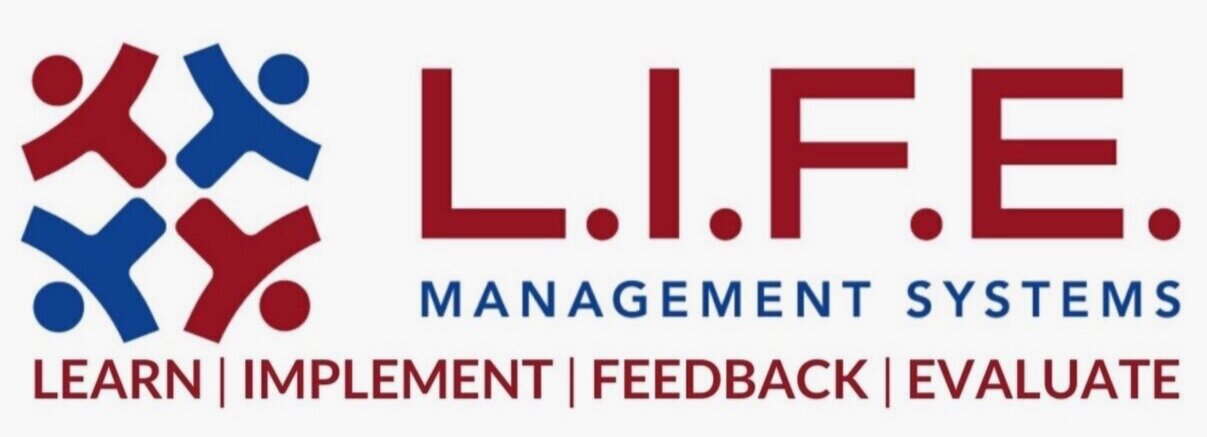Active listening tips for managers and leaders
photo: unsplash.com
What is active listening?
Active listening means that you focus on hearing the other person and grasping what they're saying intellectually, behaviorally, and emotionally. Picture this: if the concept of active listening were a person, it would say, "what I want to hear is more important than what I want to say." The key is to focus on listening and not how you will respond to the person who is speaking. Essentially, the act of active listening is a profound way to valuing the person who is speaking.
What should managers know about active listening?
Managers should know that active listening is an essential foundational skill for managing, mentoring, and leading others. Without active listening, it's tough to develop connection and rapport with the people who work with you. Active listening is the foundation for building a relationship that creates motivation and collaboration. Ultimately, that will produce results when you have that connection with the people you lead. Active listening is a vital skill for managers.
One example of how managers can apply active listening in the workplace originates from Tom Peters, author of "In Search of Excellence," who came up with the phrase "management by walking around." If a manager takes that approach, then they can easily walk up to people and ask how the staff member's day is going or what's happening in this particular situation.
This approach to initiate dialogue allows managers to take the time to pause and listen. Too many times, managers focus on "sending" and "telling" rather than "listening." If a manager seeks to understand, they can support and empower their team. There's value in gaining a connection, so it's essential to pause, take your time, and connect with those you manage.
There's a lot of information out there on active listening. I recommend actionable steps that managers take to apply active listening skills in the workplace. Check out these examples:
Make a goal to pay attention to the people you interact with and connect with them to listen and value them. I also think it's essential for managers to acknowledge their team members when they realize they haven't been listening. For example, the manager says, "I'm sorry I wasn't paying attention to you. Let me hear that again?"
Make an effort to reply to the speaker by summarizing what was said. For example, managers can say, "Hey, you know here's what I'm hearing...is my summary correct?" Acknowledging what your team member said fosters understanding and a sense of collaboration and humility with the people. These are foundational and fundamental aspects of applying active listening in the workplace.
“Managers should know that active listening is an essential foundational skill for managing, mentoring, and leading others.”
Active listening can benefit organizations
Active listening is a powerful tool for managers to create teamwork, connect with the people they lead, and communicate to teams by showing that they value and care about them. Active listening skills can transform an ineffective team into one that is more collaborative and impactful.
I've encountered managers and leaders in trouble with their teams due to the lack of their active listening skills, they haven't been valuing their team members, and I've seen them transform the way their team members see them and work with them and make it a much more effective and powerful team.
Organizations supporting managers to ensure active listening occurs in the workplace begins with the top leadership. It starts at the top of the organization, so the CEO and president should use active listening and modeling for everyone. Organizations should set an example for everyone else.
Additionally, the organization should provide high-level training and coaching in active listening and relationship skills because they are foundational to collaboration, cooperation, and success.
Servant leadership and empathy
I am a proponent of servant leadership, where leaders are encouraged to serve to ensure their team has the resources and support to do their job effectively. Active listening is foundational to effective leadership, and I believe in servant leadership. You can't empower and serve others unless you are actively listening to their ideas, thoughts, feelings, and needs.
Active listening also communicates empathy as essential to having effective working relationships. Empathy is the acceptance and compassion for what another person is thinking and experiencing. It is "compassion in action." It is hearing without rejection and criticism. It doesn't mean that you agree with them totally, but it means you are seeking to understand. It's like the old expression "seek first to understand before you're understood," and empathy builds rapport and builds connection.
Conclusion
There are many benefits to employing active listening skills in the workplace. Learning the tenets of this skill allows leaders and managers to developed a greater understanding of their team through communication and relationship building.
If your organization is interested in learning more about how to develop and apply active listening skills in the workplace, please contact me for a free discovery call!

